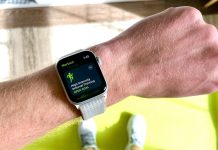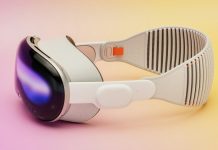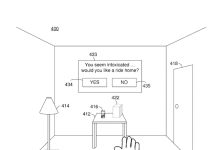When it comes to working out, recovering efficiently can be just as important as training. However, tracking your recovery can be more difficult than it sounds when there isn’t a body battery feature on Apple Watch.
Luckily, we’re here to help.
Contents
Related:
- Tips for using Garmin to monitor your health this year
- Fitbit vs Whoop for your workout recovery. Which is better?
- How to check your Cardio Recovery scores on your Apple iPhone and Apple Watch
Whether you’re looking to switch from a platform like Garmin to Apple Watch or you’re an Apple user who has never heard of the body battery feature, here’s everything you need to know about tracking recovery on watchOS.
What is the Body Battery feature on Garmin?
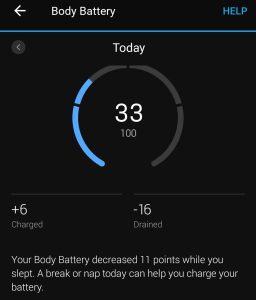
If you’re a long-time Apple Watch user, it’s likely that you’ve never heard of the Body Battery feature. In a nutshell, it’s a way that specific Garmin smartwatches let their users easily track their body’s recovery and you more efficiently plan their exercise and workouts.
The Body Battery feature looks at a variety of different metrics, including rest, fitness levels, and daily stress.
Through its onboard suite of sensors — like the heart rate sensor and the VO2 max sensor — the Body Battery feature will give you a score out of 100.
A score of 100 means that you’re well-rested and in good shape as far as fitness. If you run a marathon or perform another intense workout, your Body Battery score will decrease. When it’s low, it means that you might not have the energy to perform a difficult exercise routine.
Other wearables that track recovery levels
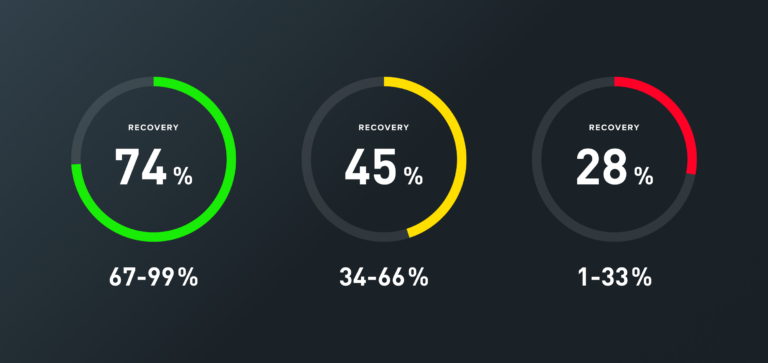
Although we’re using the term “Body Battery,” keep in mind that different platforms have similar features. The Whoop, for example, measures your body’s energy levels using something called a Recovery Score.
Like Garmin smartwatches, the Whoop uses a variety of metrics to determine your body’s ability to perform, including:
- Heart Rate Variability
- Resting Heart Rate
- Sleep Performance
- Respiratory Rate
- Blood oxygen level (Whoop 4.0 or later)
- Skin temperature (Whoop 4.0 or later)
The Oura Ring also has a Readiness Score that uses similar data sources to determine if you can handle a tough workout, or if you need to prioritize rest and recovery instead.
Does the Apple Watch have Body Battery (or an alternative)?
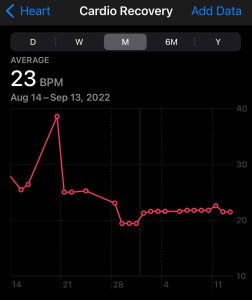
So what about the Apple Watch? Unfortunately, unlike some of the wearable’s biggest competitors, the Apple Watch doesn’t really have a built-in metric that rivals Body Battery.
There is a Cardio Recovery feature that uses heart rate variability to measure your body’s cardiovascular fitness, exertion, and recovery. However, this feature doesn’t take into account metrics like sleep performance or workout difficulty.
This is despite the fact that the Apple Watch can measure key metrics like resting heart rate, sleep performance, and skin temperature. The sensors are there, but the system to aggregate and analyze the data currently isn’t — at least, not as a baked-in feature.
With that being said, there are a variety of different apps on the market that let you track similar metrics and record your body’s rest and recovery.
Although they are third-party and may not feature the tight integration of platforms like Oura, Whoop, or Garmin, they’re still able to provide enough data to let you make an informed decision to hit the gym or skip it and call a rest day.
Best Apple Watch alternatives to Body Battery
There are plenty of apps that let you track your body’s recovery levels. Some fitness apps, such as Fitboid, will give you a muscle recovery statistic, but for the purposes of this article, we’re only going to look at apps that analyze metrics like heart rate variability and sleep performance to provide a recovery score.
Here are the best Apple Watch alternatives to Body Battery.
Athlytic
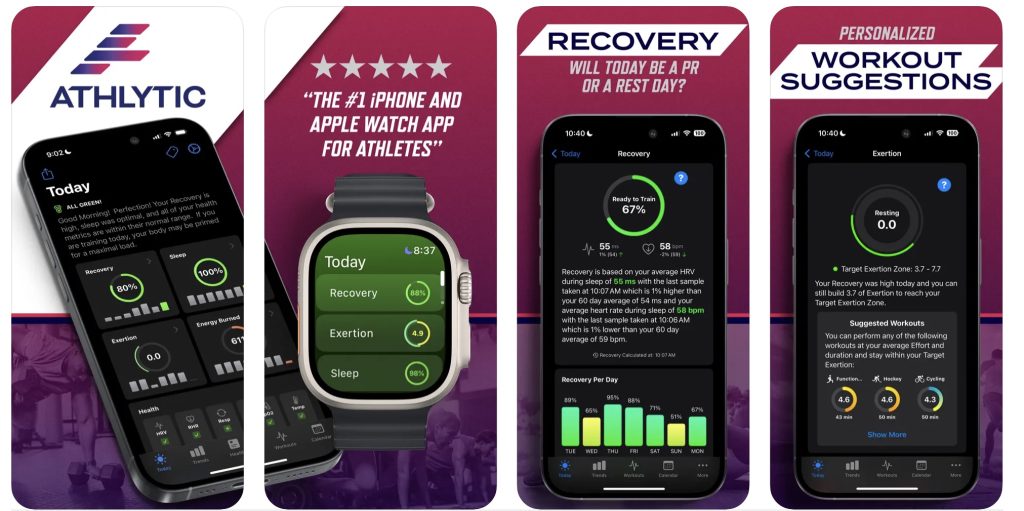
Athlytic is an app that tracks various data points to give you actionable insights. By analyzing your heart rate variability, resting heart rate, blood oxygen levels, respiratory rate, and wrist temperature, this app can determine your optimal recovery and exertion levels.
Users will be able to easily see their ideal workout exertion level with a color-coded chart based on their heart rate. The app also tracks your cardiovascular load passively in the background, and provides you with a range to stay within.
Beyond fitness tracking, the app also tracks sleep and sleep debt, allowing you to receive a target sleep length recommendation — and reminders to go to bed in order to reach an ideal circadian rhythm.
Athlytic is free to download from the App Store but requires a Pro subscription for many features. A monthly plan costs $3.99 a month, while a yearly subscription will cost you $29.99 a month.
Gentler Streak
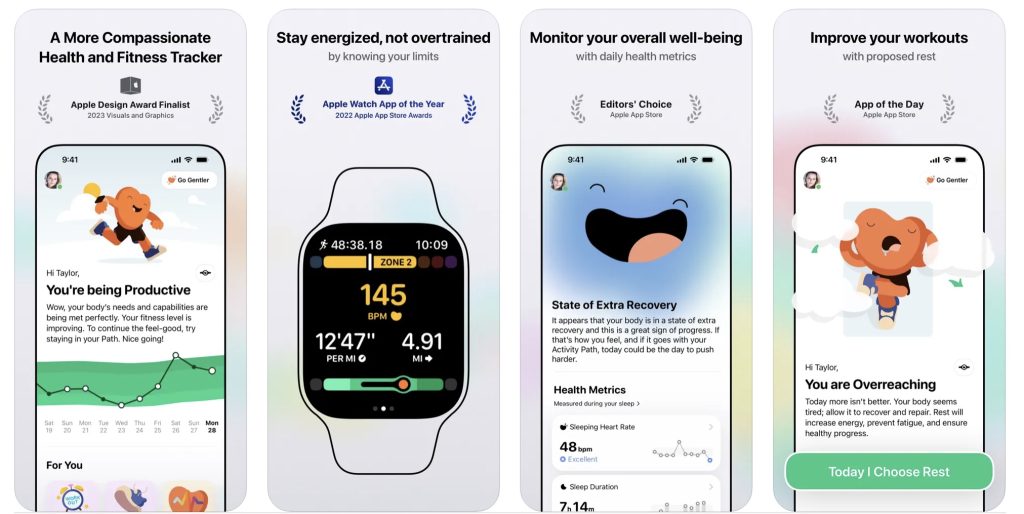
If you’re looking for a holistic app that provides wellness features along with body recovery data, then Gentler Streak might be a good fit for you.
Like Body Battery, Gentler Steak uses several metrics to track your body’s ability to perform. These metrics include sleeping heart rate (SHR) or resting heart rate (when SHR is unavailable), sleep duration, heart rate variability (HRV), respiratory rate, oxygen saturation, wrist temperature, and period tracking.
The app also suggests different daily workouts or exercise routines based on your body’s energy levels, and gives you intelligent recaps of your fitness data — both before and after your training.
Gentler Streak is free to download from the App Store, but its main features require a subscription that costs $7.99 a month. You can also purchase an annual plan for $39.99, or a lifetime subscription for $179.99.
Sonar
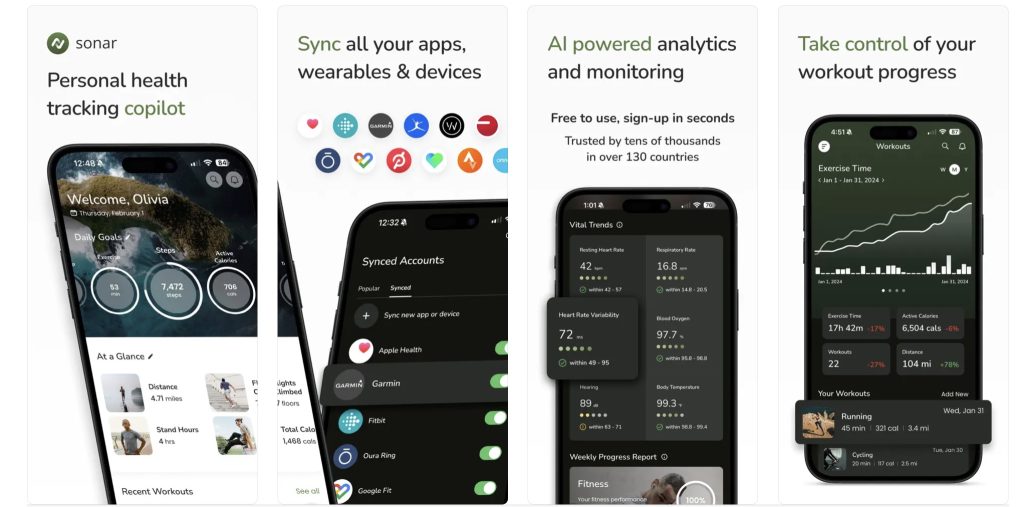
The unfortunate part about both of the prior options is the fact that they cost money, unlike the built-in Body Battery feature on the Garmin. So, if you’re looking for a low-cost alternative to recovery features, look no further than Sonar.
Sonar uses an artificial intelligence neural engine to establish a basline based on your vitals — including body temperature, heart rate variability, and more. From there, the app will let you know if any of these metrics fall outside of your normal range.
Like some of the other platforms and apps mentioned here, Sonar also tracks your fitness, sleep, stress, and nutrition. If you’re concerned about the accuracy of it, just know that it was developed in partnership with physicians from Johns Hopkins and UC San Diego.
Sonar is free to download from the App Store. It also doesn’t require any sort of subscription to access and use all of its features.
The importance of tracking recovery — on Apple Watch or otherwise
Tracking your body’s ability to perform is a key part of any healthy lifestyle. You want to push yourself, but leave plenty of space for rest and recovery, too.
While the Apple Watch doesn’t currently have an analog to Body Battery, the ability to track your Cardio Recovery in the Apple Health app suggests that the company may introduce a more fleshed out recovery feature in the future.
In the meantime, an app like Sonar, Gentler Streak, or Athlytic can help you workout and recover better.


